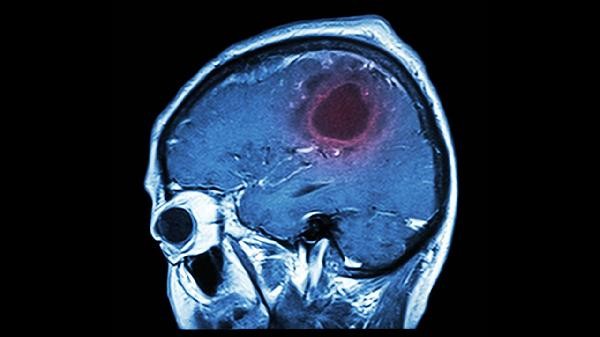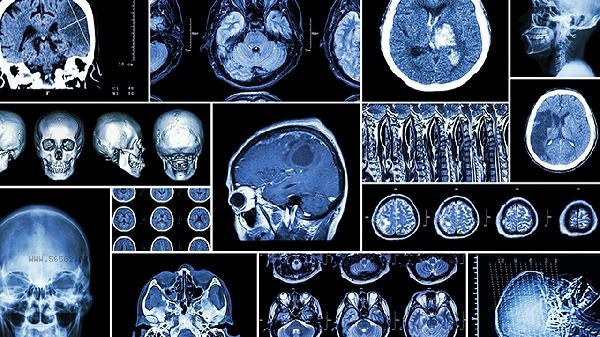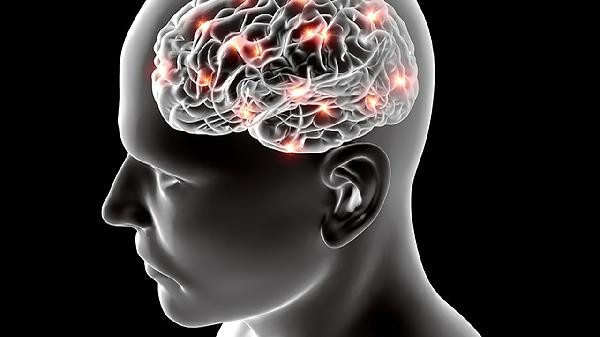Transient memory loss in the brain may be caused by factors such as transient ischemic attacks, hypoglycemia, migraines, epileptic seizures, psychological stress, etc. It is usually manifested as sudden memory gaps, confusion in time perception, repeated questioning, and temporary blurred consciousness.

1. Transient ischemic attack
Transient cerebral vascular insufficiency may lead to local brain dysfunction, commonly seen in patients with hypertension or arteriosclerosis. The typical manifestation is sudden memory interruption, lasting for several minutes to an hour, which may be accompanied by speech disorders or limb numbness. The risk of cerebral infarction needs to be ruled out through brain CT or MRI. In the acute phase, antiplatelet drugs such as aspirin enteric coated tablets and clopidogrel can be used according to medical advice.
2. Hypoglycemic response
A sharp drop in blood glucose levels will affect brain energy supply, which is common in patients with diabetes who have overdosed drugs or haven't eaten for a long time. Symptoms include momentary mental stagnation, cold sweat, palpitations, etc., which can be relieved after consuming sugary foods. It is recommended to regularly monitor blood sugar, carry glucose tablets with you, and avoid high-intensity mental activities on an empty stomach.
3. Migraine premonitory symptoms
Some migraine attacks may involve abnormal discharge of the nervous system, manifested as visual flashes or brief memory loss, usually lasting 20-30 minutes. This type of situation is related to cortical diffusion inhibition, and medication such as ibuprofen and zolpidem can be used according to medical advice to prevent seizures. Maintaining a regular daily routine can help reduce the probability of triggering.

4. Partial epileptic seizures
Temporal lobe epilepsy may lead to transient memory loss, and patients often experience unconscious repetitive movements or inability to recall the seizure process. EEG examination can detect abnormal discharges, and treatment should choose antiepileptic drugs such as levetiracetam and carbamazepine according to the type, avoiding high-risk activities such as driving.
5. Acute stress response
Strong emotional stimuli may trigger protective memory inhibition in the brain, which is more common in traumatic events or extreme anxiety states. Manifested as memory loss during a specific time period, psychological assessment can reveal tendencies towards anxiety and depression. Cognitive behavioral therapy and relaxation training have good effects, and in severe cases, short-term use of anti anxiety drugs such as paroxetine can be used.

It is important to maintain regular sleep and a balanced diet in daily life, and to engage in moderate aerobic exercise to promote blood circulation in the brain. If there are frequent symptoms of amnesia or accompanied by limb weakness, persistent headaches, etc., timely neurological examination is necessary. It is recommended to record the environment and physical condition during the attack to help doctors accurately determine the cause and avoid self medication to improve memory and mask the condition.








Comments (0)
Leave a Comment
No comments yet
Be the first to share your thoughts!